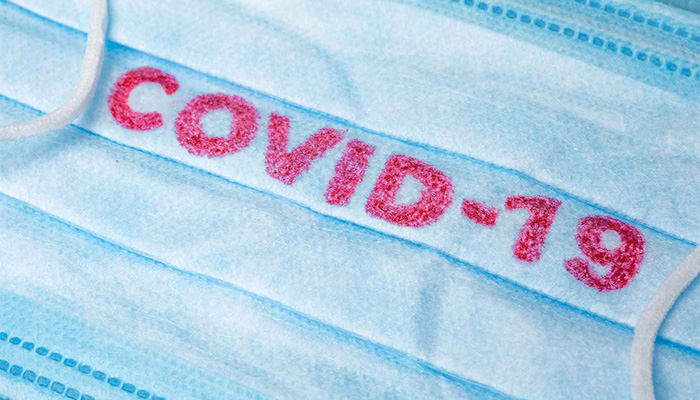
Coronavirus & Pregnancy – What You Need To Know
The COVID-19 Coronavirus was recently declared a pandemic by the WHO (World Health Organization), and while measures are being taken to reduce its spread, it will likely continue to affect most U.S. states for the coming weeks and months. So what do you need to know about coronavirus and pregnancy? Let’s take a look now, based on the most recent information released by the CDC.
We Don’t Know If Coronavirus Poses An Additional Risk To Pregnant Women
According to the CDC, there is not yet enough data to determine if pregnant women have a higher risk of acquiring coronavirus, or are more susceptible to a more severe infection.
However, pregnant women are more susceptible to some similar viruses, like influenza, which are in the same family as the COVID-19 coronavirus. Because of this, pregnant women should take all possible precautions to protect themselves from becoming ill.
Currently, there is also not enough information to determine whether or not COVID-19 causes unique problems during pregnancy, or could affect the health of infants postpartum.
COVID-19 Has Not Been Found To Pass From Mother To Child
Again, data is limited. But the CDC has stated that no instances have been found of pregnant mothers transmitting coronavirus to fetuses and newborns during pregnancy and delivery. As of writing, no infants born to mothers with COVID-19 coronavirus have been found to be positive, and the virus was not present in amniotic fluid or breastmilk.
Pregnant Women Can And Should Protect Themselves From COVID-19 Coronavirus
Women who are pregnant should do their best to avoid being exposed to or spreading the COVID-19 coronavirus, taking steps such as:
- Covering coughs and sneezes with your elbow
- Cleaning the hands often with soap and water (preferable) or a high-alcohol hand sanitizer (60% or higher) if soap and water are not available
- Avoiding touching the face
- Avoiding people who are sick
- Maintain social distancing, keeping at least 1 meter of space around yourself when in public spaces
- Staying home and isolated from others when possible, including working from home, spending recreational time at home, and exercising at home
- Avoiding large public gatherings and events where the virus could spread
For more information on how to avoid COVID-19 coronavirus, you can take a look at this page from the World Health Organization.
Get Help If You Believe You Have COVID-19 Coronavirus
The primary symptoms of COVID-19 coronavirus are a fever, cough, and respiratory issues. You can learn more about these symptoms here.
If you are feeling sick, visit your healthcare provider right away. It’s important to get diagnosed quickly so that you can potentially avoid spreading coronavirus to others, and get the help you need to recover swiftly.
